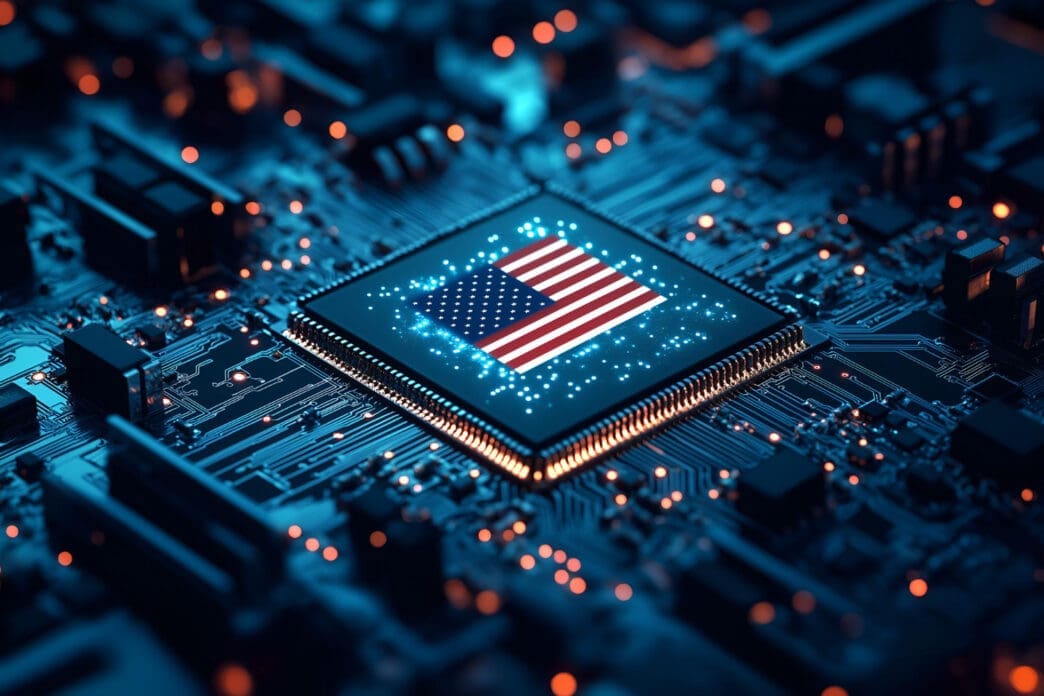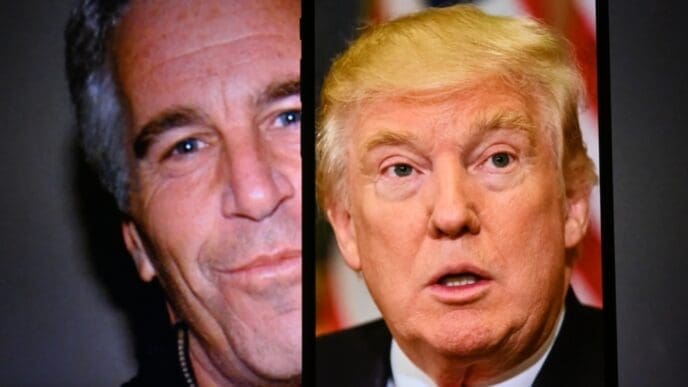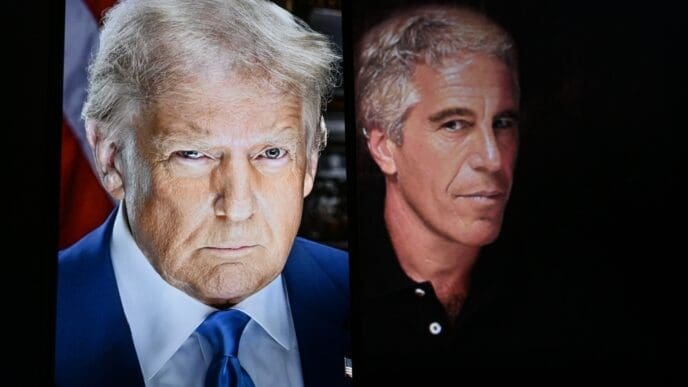Executive Summary
The Story So Far
Why This Matters
Who Thinks What?
The Trump administration is reportedly considering acquiring an equity stake in U.S. chipmaker Intel, Commerce Secretary Howard Lutnick indicated on Tuesday, suggesting the move would ensure American taxpayers benefit from government funding aimed at boosting the semiconductor industry. The potential investment, which Lutnick stated would utilize previously allocated Biden-era funds, comes amid national security concerns over global chip production and a desire to strengthen domestic manufacturing capabilities.
Proposed Investment Details
Lutnick told CNBC that President Trump’s perspective is centered on securing a return for the American taxpayer, questioning why a company valued at $100 billion would receive significant government funds without a reciprocal benefit. Media reports have suggested the government might consider a 10 percent stake, using grants from the CHIPS and Science Act.
“We’ll deliver the money which was already committed under the [Biden] administration,” Lutnick explained. “We’ll get equity in return for it, get a good return for the American taxpayer instead of just giving grants away.”
Recent Shift in Stance
The Commerce Secretary’s comments follow a notable shift in President Trump’s tone towards Intel. Less than two weeks prior, Trump had publicly called for Intel CEO Lip-Bu Tan to resign, accusing him of being “highly conflicted.” This accusation stemmed from concerns raised by Sen. Tom Cotton (R-Ark.) regarding Tan’s investments in Chinese companies and his previous role at Cadence Design Systems, which pleaded guilty to violating export controls by selling chip design technology to a Chinese military university during Tan’s tenure.
However, Trump’s stance softened after a meeting with Tan last week, coinciding with emerging reports of the administration considering an Intel stake. “The meeting was a very interesting one. His success and rise is an amazing story,” Trump posted on Truth Social. “Mr. Tan and my Cabinet members are going to spend time together, and bring suggestions to me during the next week.”
National Security Rationale
Lutnick emphasized the administration’s national security concerns as a primary driver for the potential stake, highlighting the geopolitical risks associated with current chip production concentration. “We cannot rely on Taiwan, which is 9,500 miles away from us and only 80 miles from China,” he stated, referring to the island’s dominant role in leading-edge chip manufacturing.
He added that the goal is to increase domestic production, aiming for Intel to be capable of making a “U.S. node or a U.S. transistor” in America. While not deemed strictly necessary, Lutnick described this as a “really good thing to have,” fostering an American participant in the semiconductor space.
The administration’s exploration of an equity stake in Intel underscores a dual approach: ensuring financial returns for government investment and bolstering the United States’ strategic independence in critical technology sectors like semiconductor manufacturing.














